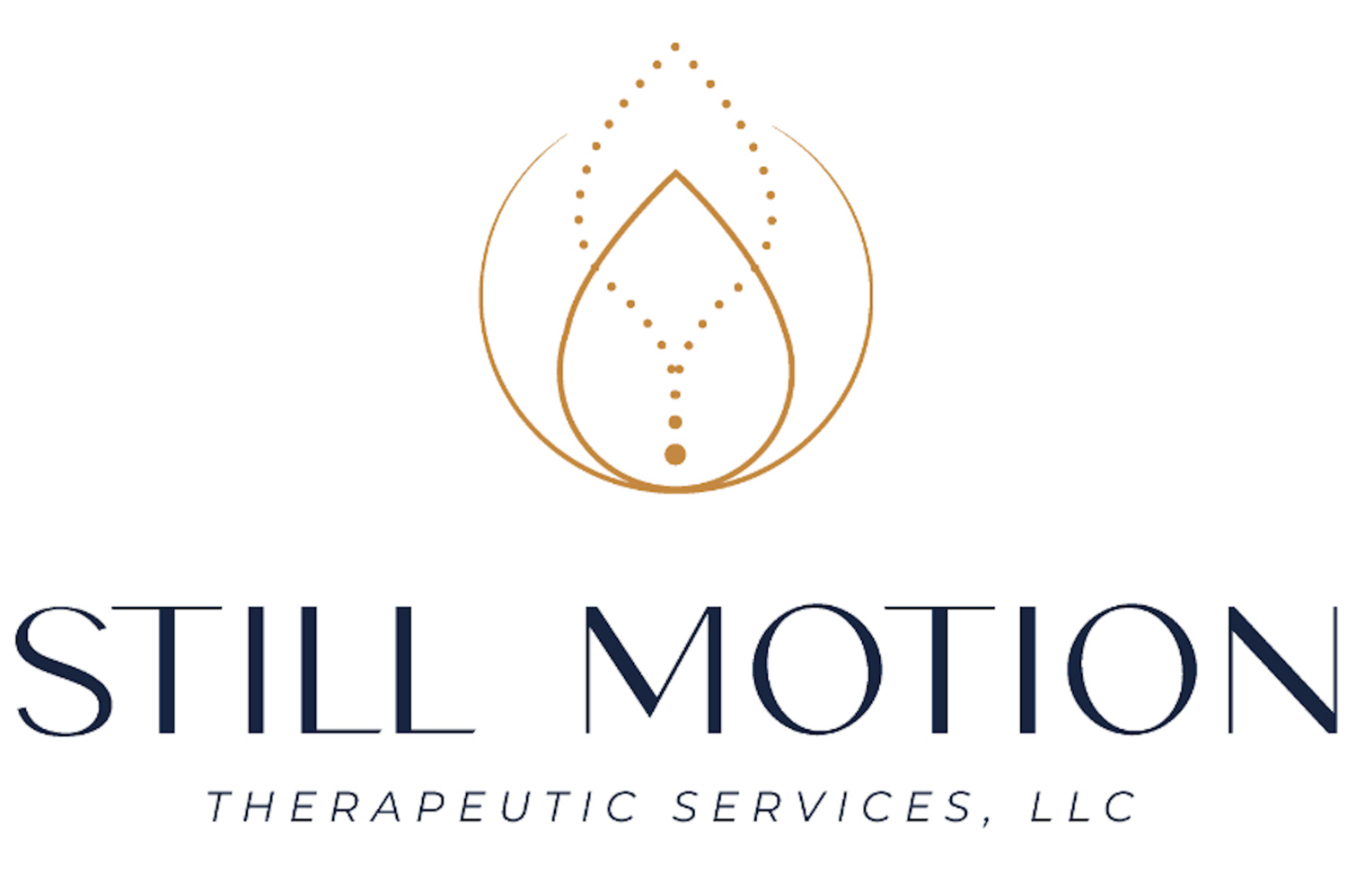The "Skinny" on Self-Care: 5 Ways to Sneak Self-care into your everyday life
/
1. Mindfulness
Incorporating mindfulness into your daily life 'should' be easy, right? It's a simple concept BUT---when you are dealing with the in's and outs of your fast paced, day to day life you get distracted, preoccupied, and inevitably, 'mindfulness' is now at the bottom of your 'to-do' list.
Here's the thing, when we are mindful, we are present and when we are present we are inadvertently engaging in self-care using our senses alone. When we tune into the present moment using our senses we are able to slow down our bodies "fight or flight" response by relaxing the mind. Easier said than done, right?
A few tips to become more mindful include but are not limited to: take long body stretch, epsom salt-bath, tune into your breathe, engage in one task at a time (avoid multitasking); use your senses to feel, touch, smell, taste, and visualize a sense of oneness.
The more you practice mindfulness the more it will become like clock work-pretty soon you won't even have to think about it!
2. Morning time
I remember discussing an article in English class as an undergrad on Walden; Walden introduced me to the simplistic notion of 'morning time' as well as the reciprocity of 'nature' and it's positive correlation to mental health. Because of Walden, I set time aside each and every morning, immediately upon waking to spend time with myself. Whether I journal, meditate, go for a walk, sip coffee on the veranda (aka my porch LOL)...I carve out time for me-even if its just five minutes!! Doing so provides me with clarity, focus, and balance-plus morning time increases the likelihood of engaging in more self-care throughout the day ;)
3. Pencil it in!!
Whatever yourself care is, PENCIL IT IN. Write down what day and time your going to attend your favorite spin class or when your going to read the latest new fiction novel at Barnes and Noble. Write down where your going to take 5 minutes to meditate, practice yoga, and get your nails done. Write down when your going to take lunch. In your phone, on your work calendar; you get the picture. Not 'penciling' in daily self-care indicates that you are most likely not engaging in any self-care. Planning ahead is key.
4. Self-care Sundays
I make sure to schedule my self-care activities on Sundays'. Whether it be reading, writing, yoga, or meditation... I make it a point to give myself a little extra love and care on Sundays. Whether that be scheduling a massage, pedicure, epsom bath, throwing on a movie, and/or eating my favorite meal with a friend. Remember, you work hard all week - (Self-care) Sundays' are meant to reward you for that (as well as to prepare you for the week ahead-DOUBLE Whammy)!.
5. Commitment
You know that self-care is important, right? Self-care is mentally, physically, emotionally, and spiritually healing. Self-care reminds us to slow down, embrace our presence, and restore balance. Self-care can take as long (or as short) as it takes you to brush your teeth. Commit.

